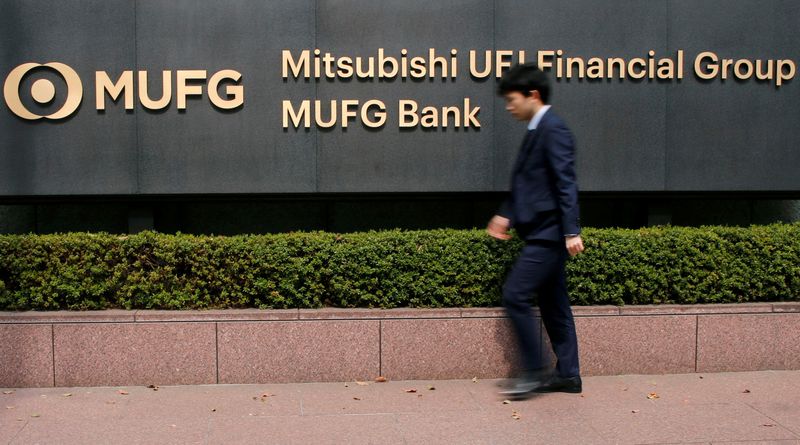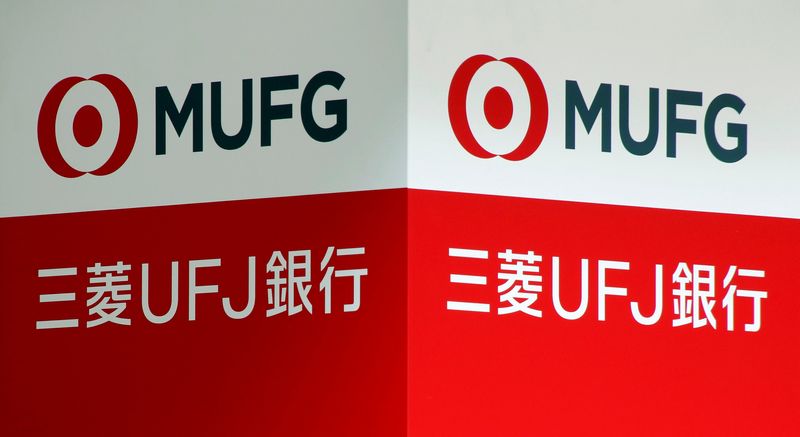By Makiko Yamazaki and Ritsuko Shimizu
TOKYO (Reuters) - Japan's financial indiscipline amid rising inflation may disrupt its bond market, a senior executive of top lender Mitsubishi UFJ (NYSE:MUFG) Financial Group said, in the wake of market expectations of an eventual end to ultra-low interest rates.
The benchmark 10-year Japanese government bond (JGB) yield hit a decade-high of 0.805% this week, approaching the Bank of Japan's hard cap of 1.0% partly on simmering speculation the bank will soon phase out its massive stimulus programme.
Globally bonds have been heavily sold for weeks - prompting the Bank of Japan to step in to steady the JGB market - as investors reckon on interest rates around the world staying elevated.
While the central bank maintains its ultra-loose monetary policy based on its assessment that sustained 2% inflation is yet to be achieved, the government looks poised to further expand spending meant to cushion the impact of inflation, Hiroyuki Seki, the head of MUFG's global markets business, told Reuters.
Japan stands out especially when government debt is under scrutiny in the U.S., he added.
"I think the situation is making bond market players increasingly worried. The lingering concerns, coupled with the prospect of further central bank policy tweaks, are likely to keep investors on guard against buying JGBs," he said.
Rising wages and heightening corporate inflation expectations suggest Japan's price dynamics are changing, Seki said.
"Waves of price rises are not going to go away soon," he said, citing increasing wages driven by labour shortages, companies increasingly passing on costs to consumers, as well as a weak yen and globally rising food and energy prices.
As these factors together raise the risks of policy responses being "behind the curve", the BOJ could move to end negative interest rates as early as in January, when the prospect of wage increases at major companies becomes clear, he said.
MAINTAINING YCC FRAMEWORK
The BOJ applies a -0.1% interest rate on a small pool of excess reserves financial institutions park with the central bank under its negative rate policy. It also guides the 10-year government bond yield around 0% with a hard cap of 1.0% under a policy dubbed yield curve control (YCC).
Even if the BOJ raises short-term rates, it will probably have to maintain the YCC framework to avoid any abrupt rise in long-term interest rates, Seki said.
The BOJ could raise the hard cap for the 10-year yield target or keep buying significant amount of JGBs under YCC to prevent sharp rises in long-term rates, he added.

The BOJ will have no choice but to engage with long-term rates "because the complete removal of a target band could cause volatility in yield curve and sharp spikes in long-term interest rates," he said.
The Japanese government, saddled with the industrial world's heaviest debt at more than twice the size of its $5 trillion economy, has for the past decade taken advantage of low borrowing costs helped by the central bank's ultra-loose monetary policy.
